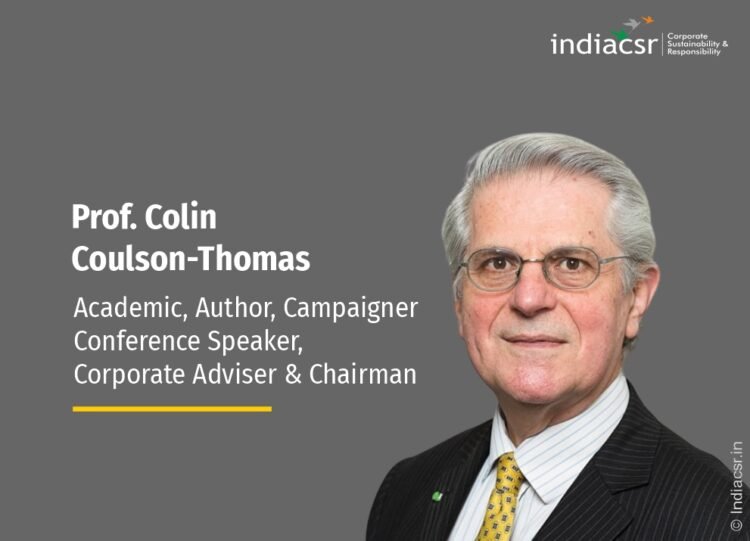They see climate adaptation and mitigation and the need for greater resilience and more sustainable operations, activities and lifestyles as an unprecedented business opportunity.
By Prof Colin Coulson-Thomas
In a week of COP 27, mid-term elections in the US and the liberation of Kherson, today has been a fitting conclusion to a thought provoking convention.
There are two sides to today’s topic relating to great boards: economic growth and resilience.
Personally I would like much less of the economic growth which continues to contribute to global warming and climate change, reduce biodiversity and which is not sustainable.
Many corporate operations and activities and aspects of contemporary lifestyles to which people around the world, and especially in developing countries, aspire and are encouraged to seek by business and political leaders are unsustainable.
Responsible boards work for the best long-term interests of a company and its stakeholders. The latter should include the environment, communities and societies impacted by a company’s activities, and future generations.
Responsible boards see resilience as an arena of business opportunity. Their perspectives and search for opportunities to contribute embraces the resilience of infrastructures, lifestyles, public services, communities, cities, societies and eco-systems and extends to the regeneration of natural capital.
For me, great boards are those which recognise common interests in addressing shared challenges and existential threats. They are willing to collaborate in collective responses. They think longer-term. They are positive, courageous, diverse, and open to possibilities.
They see climate adaptation and mitigation and the need for greater resilience and more sustainable operations, activities and lifestyles as an unprecedented business opportunity. They inspire younger generations and support enterprise and entrepreneurship.
They review and reset purpose and priorities, goals and objectives and strategies for achieving them. They embrace new models of business, sustainable technologies, and more flexible and responsive forms of organisation.
They take little for granted. As tipping points approach, and with multiple cliff edges ahead, they do not assume there will be sufficient ‘rare earths’ and other natural capital for some areas of technology or innovation to save us.
They recognise that social and lifestyle innovation is required if we are to achieve a shared goal of survival, and that simpler, less resource demanding and healthier lifestyles can be desirable and fulfilling as well as necessary.
They also recognise the fragility of international financial, geo-political and organisational arrangements in a fracturing world in which Governments can be the cause of problems rather than the source of solutions.
Great boards are more foresighted and courageous. They use the freedom they have to act. They initiate transition and transformation journeys to more sustainable operations and lifestyles. While there is life there is hope.
It is fitting that we are hosted today by the University of Westminster. Like the university, great boards encourage critical thinking, questioning, creativity and responsible innovation. They exercise responsible leadership and inspire.























